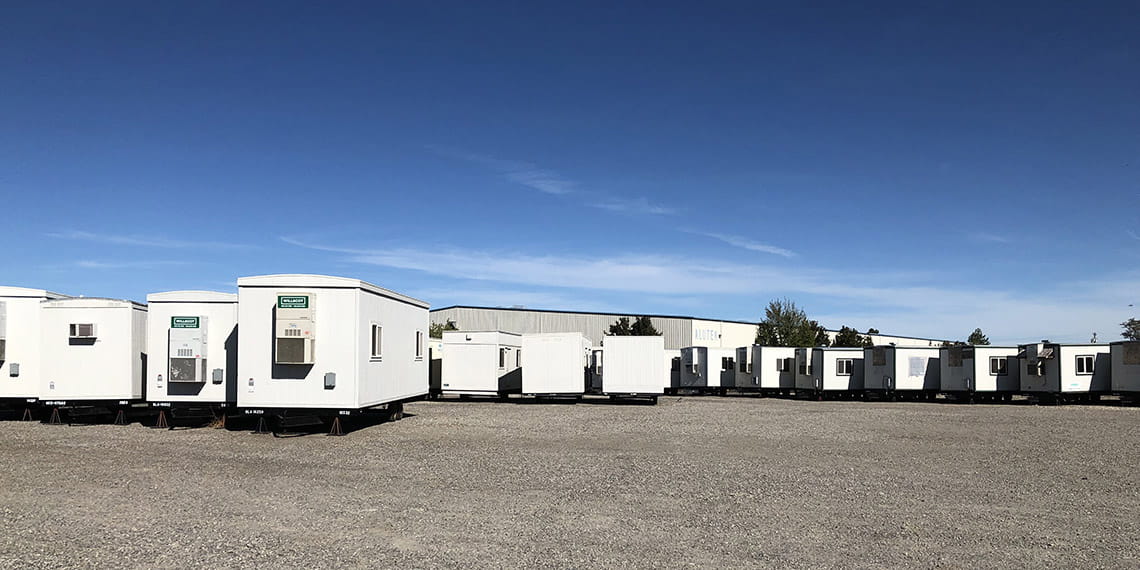Introduction: Embracing Sustainable Practices in Office Design
Sustainability has become a central focus in various industries, including office design. As businesses increasingly recognize the importance of environmental responsibility, the demand for sustainable solutions in office furniture and design has surged. In Spokane, a growing trend has emerged: the adoption of used office furniture as a means of promoting sustainability while meeting functional and aesthetic requirements.

The Environmental Impact of Office Furniture Production
The production of new office furniture often carries a significant environmental footprint. From raw material extraction to manufacturing processes and transportation, the lifecycle of new furniture contributes to resource depletion, energy consumption, and greenhouse gas emissions. Recognizing these environmental consequences, businesses are seeking alternatives that minimize their ecological footprint.
The Appeal of Used Office Furniture
Used office furniture presents an attractive alternative for businesses seeking sustainable office design solutions. By repurposing pre-owned furniture items, companies can reduce waste generation, conserve resources, and lower their carbon footprint. Moreover, used furniture offers cost savings compared to purchasing new, making it a financially viable option for businesses of all sizes.
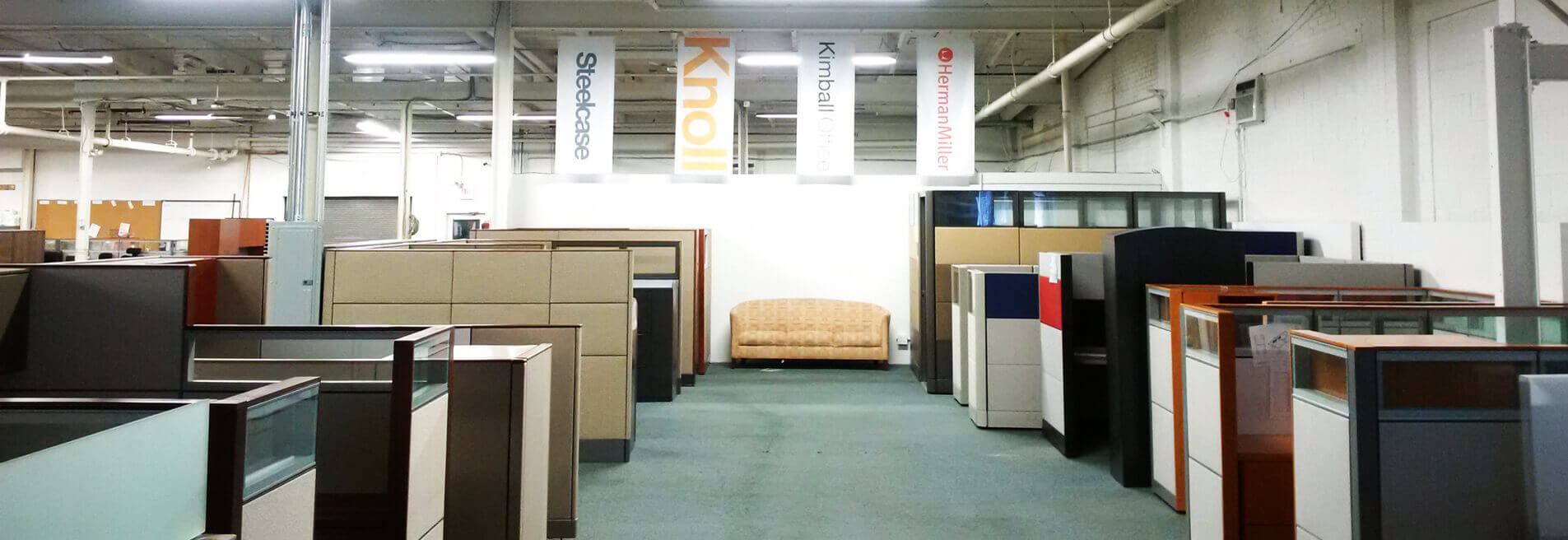
Quality and Durability: Debunking Misconceptions
One common misconception about used office furniture is that it lacks quality and durability. However, this notion is often unfounded. Many used furniture items are still in excellent condition, having been well-maintained by previous owners. Furthermore, certain materials, such as solid wood or high-quality metal, can withstand years of use and retain their functionality and aesthetic appeal.
Diverse Selection and Customization Opportunities
Contrary to popular belief, opting for used office furniture does not limit design options. In Spokane, businesses have access to a diverse selection of pre-owned furniture pieces, ranging from classic designs to modern styles. Additionally, used furniture can be customized and refurbished to suit specific preferences and design requirements, offering flexibility and creativity in office space planning.
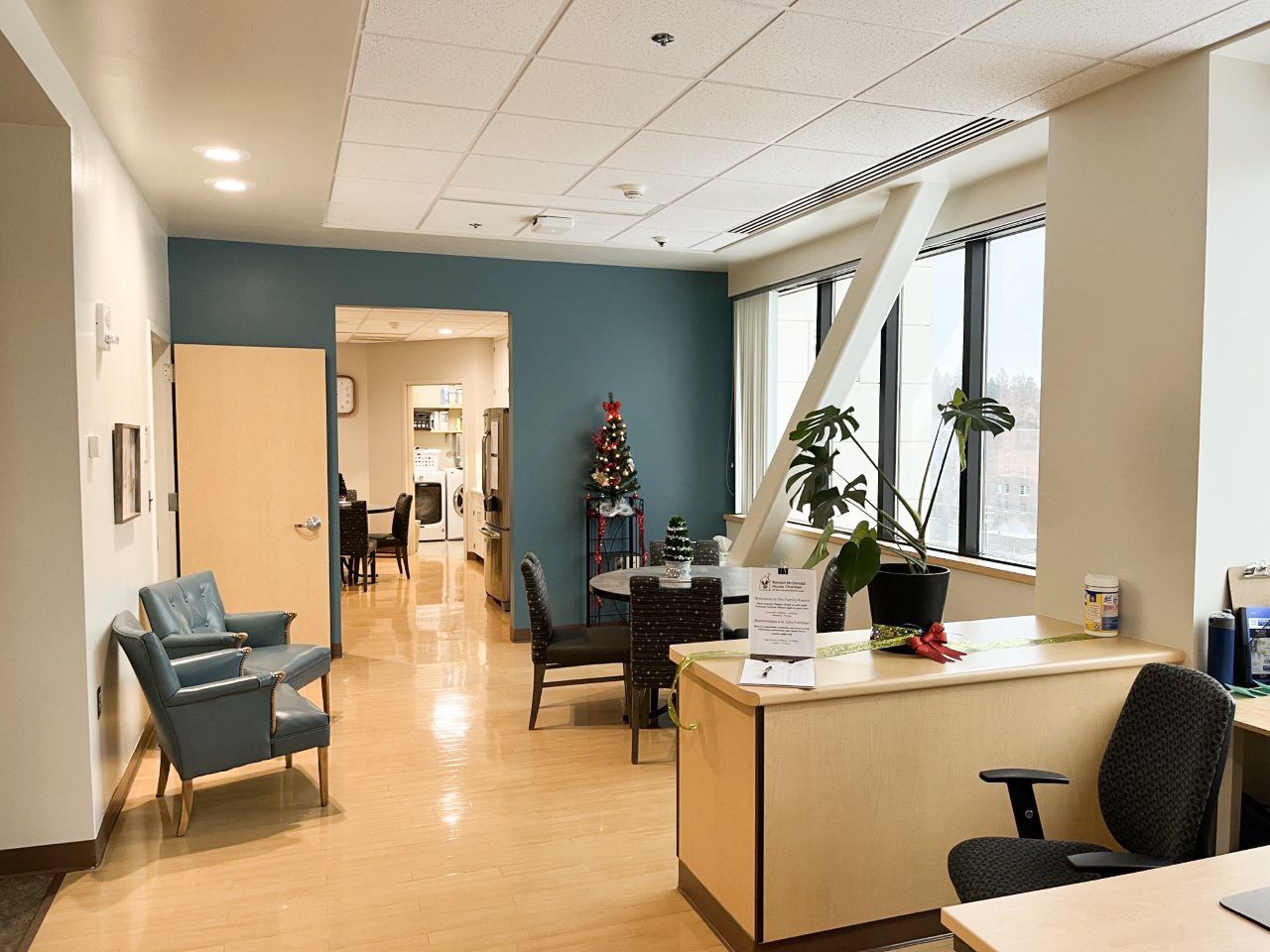
Supporting Local Economy and Community Engagement
The rise of used office furniture in Spokane also fosters community engagement and supports the local economy. Many businesses choose to purchase from local vendors or participate in furniture resale programs operated by nonprofit organizations or social enterprises. By patronizing these initiatives, companies contribute to job creation, economic development, and social welfare within the community.
Promoting Circular Economy Principles
The adoption of used office furniture aligns with the principles of the circular economy, wherein resources are kept in use for as long as possible through recycling, refurbishment, and reuse. By extending the lifespan of furniture items and minimizing waste generation, businesses actively contribute to the transition towards a more sustainable and regenerative economic model.
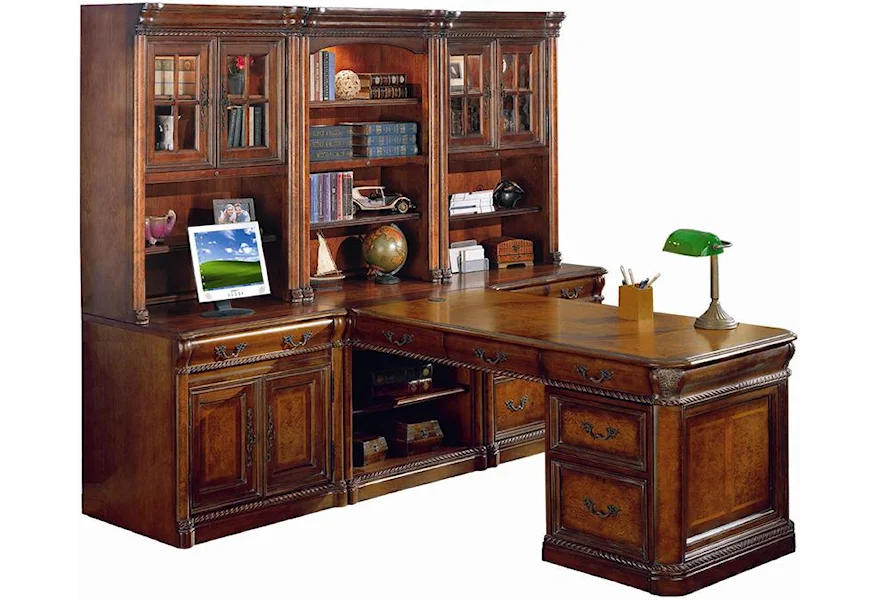
Challenges and Considerations for Implementation
While the benefits of used office furniture are evident, there are challenges and considerations that businesses must address during implementation. These may include logistical concerns related to procurement and delivery, ensuring compatibility with existing furniture pieces, and assessing the environmental credentials of suppliers to verify sustainable practices.
Case Studies: Successful Implementations in Spokane Businesses
Several businesses in Spokane have successfully embraced used office furniture as part of their sustainability initiatives. Case studies highlight the experiences of these companies, showcasing the positive outcomes of integrating pre-owned furniture into their office spaces. From cost savings and environmental impact reduction to employee satisfaction and brand reputation enhancement, the benefits are manifold.
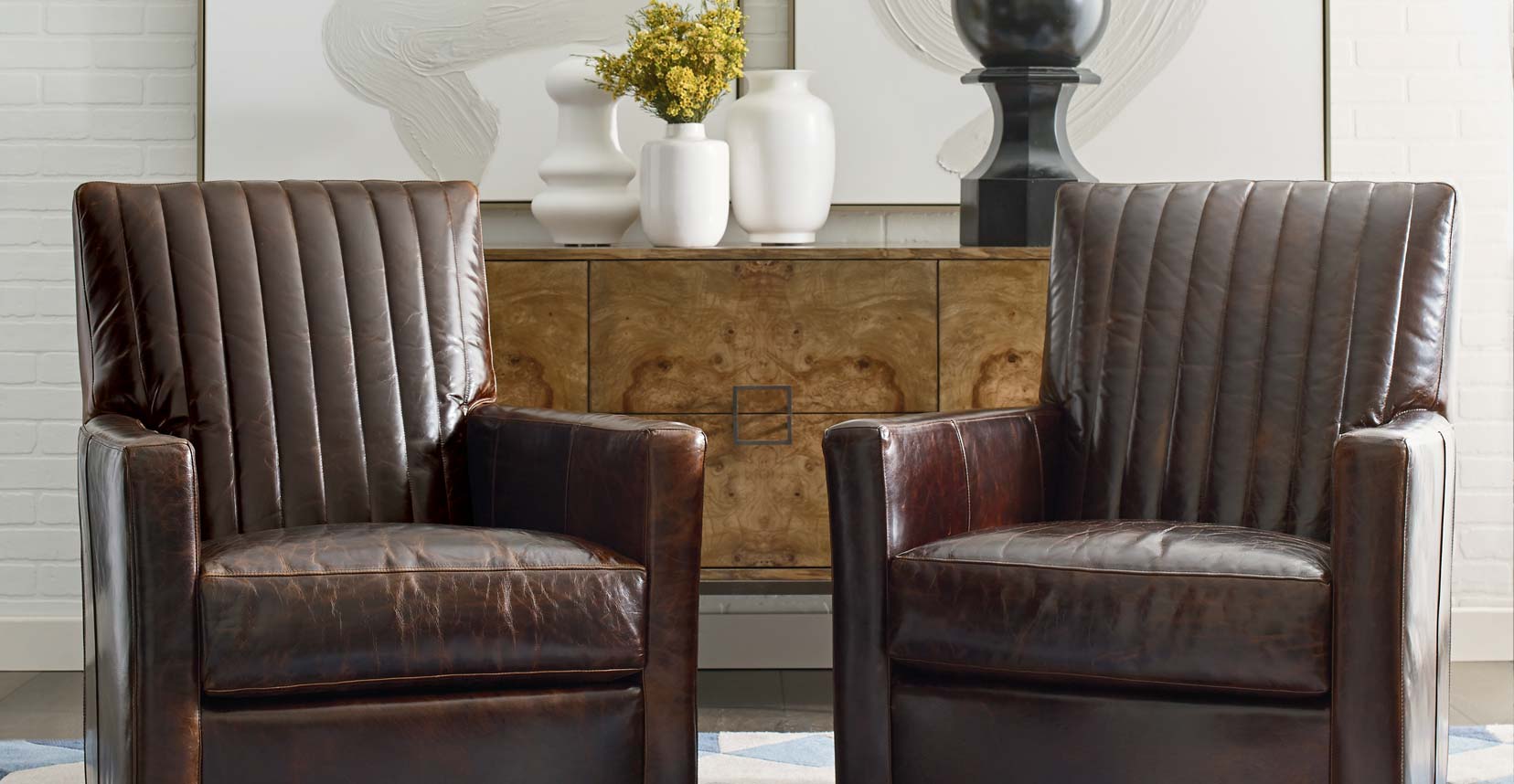
Adoption of Modular and Adaptive Furniture Solutions
Modular and adaptive furniture solutions offer flexibility and scalability, allowing businesses to adapt their office layouts and configurations to evolving needs and preferences. By investing in modular furniture systems made from sustainable materials, businesses can minimize waste, optimize space utilization, and facilitate collaborative work environments.
Exploration of Sustainable Material Alternatives
Advancements in materials science are paving the way for the development of innovative sustainable materials that offer durability, aesthetics, and environmental benefits. From bio-based plastics and recycled composites to reclaimed wood and bamboo, businesses can explore a wide range of eco-friendly alternatives for furniture manufacturing and interior finishes.
Engagement with Stakeholders and Industry Partners
Collaboration with stakeholders and industry partners is essential for driving meaningful progress in sustainable office design. Businesses can engage with furniture manufacturers, suppliers, architects, and sustainability experts to exchange knowledge, share best practices, and collectively address challenges related to sustainability and circularity in the built environment.
Investment in Employee Education and Awareness
Employee education and awareness play a crucial role in fostering a culture of sustainability within organizations. By providing training programs, workshops, and resources on eco-friendly practices and the benefits of sustainable office design, businesses can empower employees to actively participate in sustainability initiatives and make informed decisions in their daily work activities.
Measurement and Reporting of Sustainability Metrics
Measuring and reporting sustainability metrics is essential for tracking progress, identifying areas for improvement, and demonstrating accountability to stakeholders. Businesses can implement tools and frameworks such as LEED certification, carbon footprint assessments, and sustainability reporting standards to evaluate the environmental performance of their office spaces and drive continuous improvement.
Exploring the Future of Sustainable Office Design
As the trend of using used office furniture continues to gain momentum in Spokane, it opens up avenues for further innovation and exploration in sustainable office design. Looking ahead, businesses can leverage emerging technologies, materials, and design concepts to enhance the sustainability of their workspaces.
Integration of Smart and Eco-Friendly Features
The integration of smart technologies and eco-friendly features represents a promising direction for sustainable office design. From energy-efficient lighting systems and smart climate control to IoT-enabled furniture that monitors usage patterns, businesses can optimize resource utilization and enhance occupant comfort while minimizing environmental impact.
Emphasis on Biophilic Design and Green Spaces
Biophilic design, which incorporates natural elements and greenery into indoor spaces, has been shown to boost productivity, creativity, and overall well-being. Incorporating biophilic elements such as living walls, indoor plants, and natural light into office environments not only enhances aesthetics but also promotes environmental stewardship and connection with nature.
Conclusion: Embracing Sustainable Office Design Practices
In conclusion, the rise of used office furniture in Spokane reflects a broader shift towards sustainable office design practices. By prioritizing environmental responsibility, businesses can not only reduce their ecological footprint but also create healthier, more inspiring work environments for their employees. Through collaboration, innovation, and a commitment to sustainability, Spokane’s business community can lead the way towards a more environmentally conscious future in office design.
